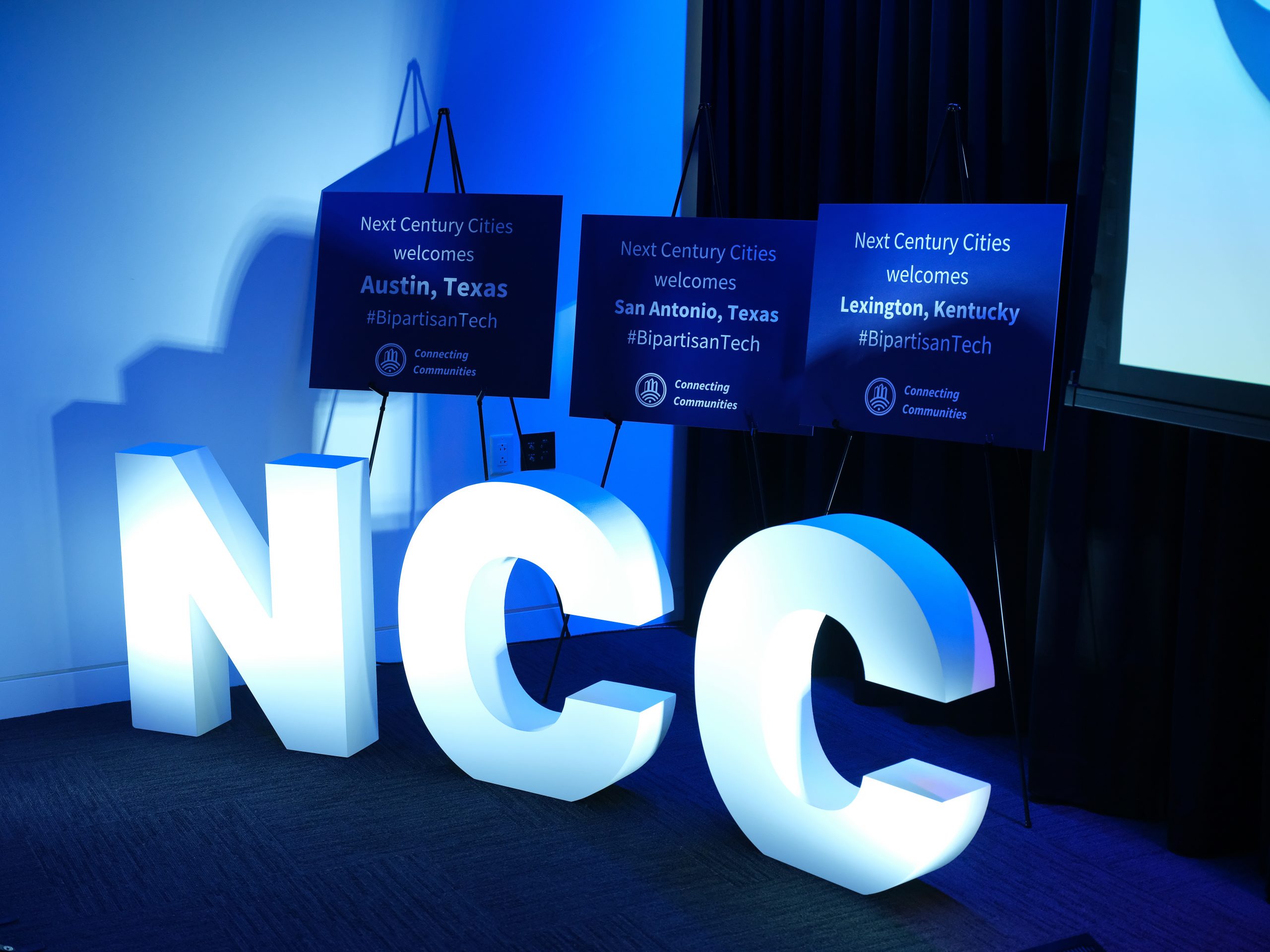By Stacey Baxter

The Affordable Connectivity Program (ACP) was launched in December of 2021 as part of the Infrastructure Investment and Jobs Act (IIJA). It promotes broadband affordability among low-income individuals and families, providing Internet subsidies to those who meet certain eligibility criteria.
So far, the ACP has helped to provide more than 18 million individuals with access to the Internet. Unfortunately, despite its success and continued need, funding for the ACP is projected to run out by the middle of 2024, which is less than a year away.
As many have experienced, either personally or through a friend or loved one, the pandemic has taken a toll on people’s mental health. Since 2020, individuals and youth have experienced an increase in symptoms of anxiety and depression across the United States and worldwide.
Youth have been especially impacted as the rates of suicide increased significantly just months into the pandemic, particularly for non-hispanic American Indian or Alaskan Native and non-Hispanic Black youth, while overall suicide rates increased four percent from 2020 to 2021. In turn, the need for mental health services has increased exponentially.
The pandemic also created additional barriers to receiving services due to the dangers of in-person close proximity contamination. Once a stop gap remedy, has become a permanent solution. Residents can meet with a licensed mental health professional online and access access essential medications. In fact, since 2021, telehealth services now make up almost half of all total visits for behavioral health, giving individuals mental health supports from the safety of home.
The Federal Communications Commission (FCC), the agency responsible for rolling out the ACP, has emphasized the connection between broadband access and mental health. That recognition motivated the Connect2Health FCC Task Force’s (C2H Task Force) Advancing Broadband Connectivity as a Social Determinant of Health Initiative. The task force helps the FCC understand how increased access to broadband services correlates with positive mental health outcomes. Task force members analyze broadband and health data at the local, state, and federal level to better understand how the digital divide contributes to health disparities.
Telehealth services are extremely impactful for rural communities. Individuals in rural or remote areas may need to travel significant distances to receive in-person care, and/or may live in areas that lack specialized mental health services altogether.
Rural residents are already among the marginalized groups in America. They include low-income individuals, Indigenous populations, older adults, and people living with disabilities. Access to telehealth services would allow historically vulnerable populations, who are trapped on the wrong side of the digital divide, the ability to access mental health supports more easily and at a lower cost.
Telehealth is working to support those who need mental health services, which improves overall well-being and workforce productivity. Further, access to care at lower opportunity cost helps individuals and families eliminate the need for travel, child care, and taking time off work.
ACP has helped introduced broadband in low-income households for the first time and ensures that others can stay connected. Without continued funding for the program, individuals and families are not only in jeopardy of losing reliable Internet access, they risk losing a vital connection to mental health care, which can have a devastating impact. .

